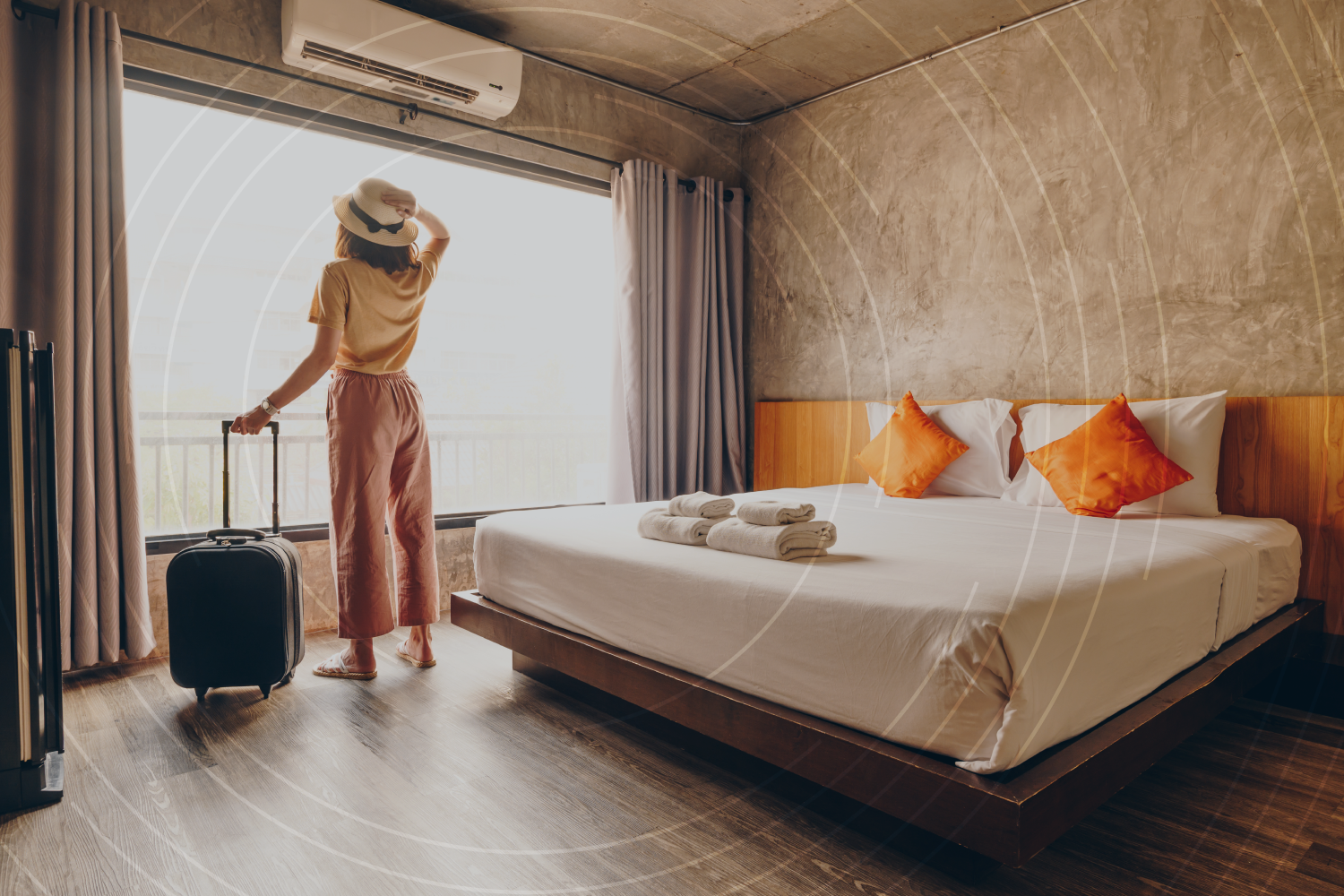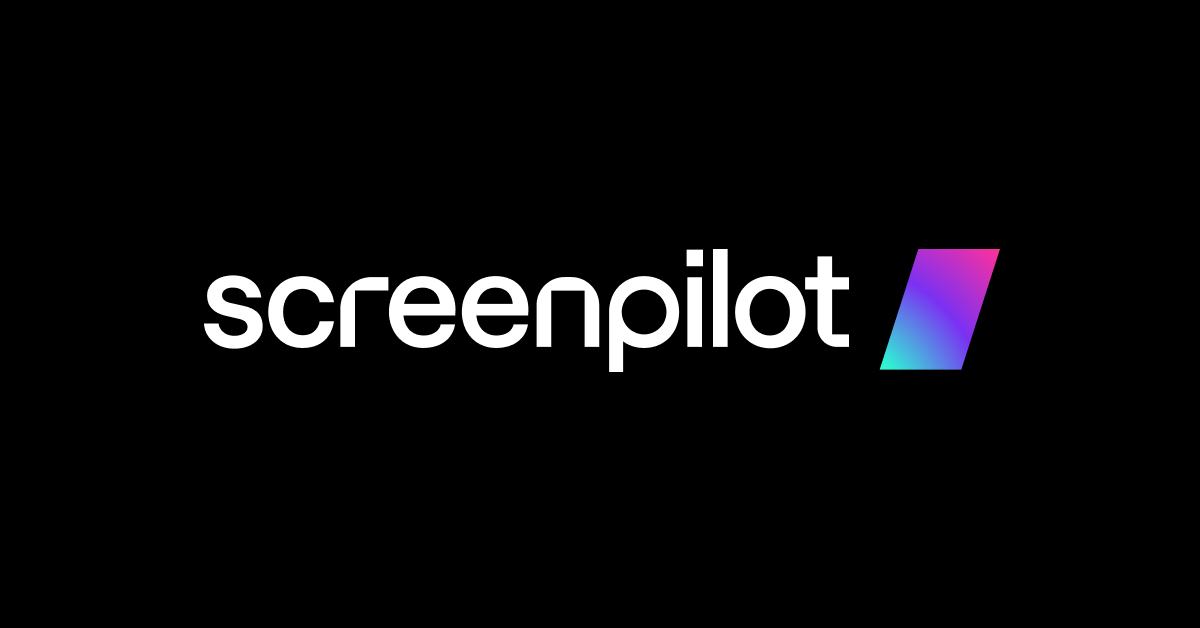
Search and social ads are go-to's in the paid media world, thanks to the wide reach of both the Google and Facebook ad networks. But search and social aren’t the only channels that’ll help you reach your goals. In fact, there’s one channel you may have been overlooking, especially if coronavirus has thinned out your budgets.
Though this is still a Google-owned property, it serves an entirely different function than search ads. Search ads reach people who are on the lookout for your hotel or resort and its services. But how do you re-engage those searchers after they’ve clicked through to your website but failed to complete your desired action?
Google Display Remarketing (DRM).If you’re running search ads alone, you’re not adding any additional users into your funnel, nor are you catching the users who may slip through the cracks.
Take a look at May trends in DRM before getting back in the game yourself.
DRM: The Trends
The trends in DRM may not be what you’d think. Though marketers have widely touted the record-low advertising costs, DRM may be one channel where that’s not the case. The below charts show the DRM cost per click (CPC) against the click-through rate (CTR) for our hotel and resort partners from April 2019 through May of 2020.If you look at the chart below, you’ll notice we’ve highlighted the CTR and average CPC for February. That’s because February 2020 is when DRM began to shift, with CTR’s steadily increasing as CPC’s actually decreased. Though we are seeing fewer impressions than we were pre-coronavirus, users are still clicking through.

DRM CPC and CTR trends from April 2019 through May 2020. Source: Google Ads.
When we remove the callout for February, we can focus on the overall trend line. CTR’s for DRM are actually higher than they were during this same time last year. The average CPC has fluctuated over the past year but as of May 2020, it is pretty similar to what it was at the same time last year.

DRM CPC and CTR trends from April 2019 through May 2020. Source: Google Ads.
DRM: The Takeaways
The bottom line takeaway is this: our client partners are receiving fewer impressions in DRM this May compared to the same time last year. But the silver lining is that there's still been an 80% increase in clicks, a 95% increase in CTR, AND a 150% increase in view-through conversions compared to the same time last year. Meanwhile, CPC did increase by 19%, shirking any marketing predictions that media costs would bottom out.
As far as DRM is concerned, our hotel and resort partners are doing better during the pandemic than they were previously. Though we can’t promise that these trends would be replicated for all properties in all markets, it’s worth noting that users are not only engaging but re-engaging with hotels and resorts—even at a time when they may not be able to travel.
If people are willing to give more than one interaction to your hotel or resort, it’s a good first step towards a growing affinity for your destination whenever those users are able to travel again. Not to mention, as the booking window lengthens, you'll also want to increase your outreach to users, lest they forget you in the period between their initial research and the moment they actually book that much-anticipated trip.
Did you enjoy the read?
Get original hospitality industry insights delivered to your inbox. Sign up to receive Screen Pilot’s Weekly COVID-19 Resource Center Update.
Search and social ads are go-to's in the paid media world, thanks to the wide reach of both the Google and Facebook ad networks. But search and social aren’t the only channels that’ll help you reach your goals. In fact, there’s one channel you may have been overlooking, especially if coronavirus has thinned out your budgets.
Though this is still a Google-owned property, it serves an entirely different function than search ads. Search ads reach people who are on the lookout for your hotel or resort and its services. But how do you re-engage those searchers after they’ve clicked through to your website but failed to complete your desired action?
Google Display Remarketing (DRM).If you’re running search ads alone, you’re not adding any additional users into your funnel, nor are you catching the users who may slip through the cracks.
Take a look at May trends in DRM before getting back in the game yourself.
DRM: The Trends
The trends in DRM may not be what you’d think. Though marketers have widely touted the record-low advertising costs, DRM may be one channel where that’s not the case. The below charts show the DRM cost per click (CPC) against the click-through rate (CTR) for our hotel and resort partners from April 2019 through May of 2020.If you look at the chart below, you’ll notice we’ve highlighted the CTR and average CPC for February. That’s because February 2020 is when DRM began to shift, with CTR’s steadily increasing as CPC’s actually decreased. Though we are seeing fewer impressions than we were pre-coronavirus, users are still clicking through.

DRM CPC and CTR trends from April 2019 through May 2020. Source: Google Ads.
When we remove the callout for February, we can focus on the overall trend line. CTR’s for DRM are actually higher than they were during this same time last year. The average CPC has fluctuated over the past year but as of May 2020, it is pretty similar to what it was at the same time last year.

DRM CPC and CTR trends from April 2019 through May 2020. Source: Google Ads.
DRM: The Takeaways
The bottom line takeaway is this: our client partners are receiving fewer impressions in DRM this May compared to the same time last year. But the silver lining is that there's still been an 80% increase in clicks, a 95% increase in CTR, AND a 150% increase in view-through conversions compared to the same time last year. Meanwhile, CPC did increase by 19%, shirking any marketing predictions that media costs would bottom out.
As far as DRM is concerned, our hotel and resort partners are doing better during the pandemic than they were previously. Though we can’t promise that these trends would be replicated for all properties in all markets, it’s worth noting that users are not only engaging but re-engaging with hotels and resorts—even at a time when they may not be able to travel.
If people are willing to give more than one interaction to your hotel or resort, it’s a good first step towards a growing affinity for your destination whenever those users are able to travel again. Not to mention, as the booking window lengthens, you'll also want to increase your outreach to users, lest they forget you in the period between their initial research and the moment they actually book that much-anticipated trip.
Did you enjoy the read?
Get original hospitality industry insights delivered to your inbox. Sign up to receive Screen Pilot’s Weekly COVID-19 Resource Center Update.



















